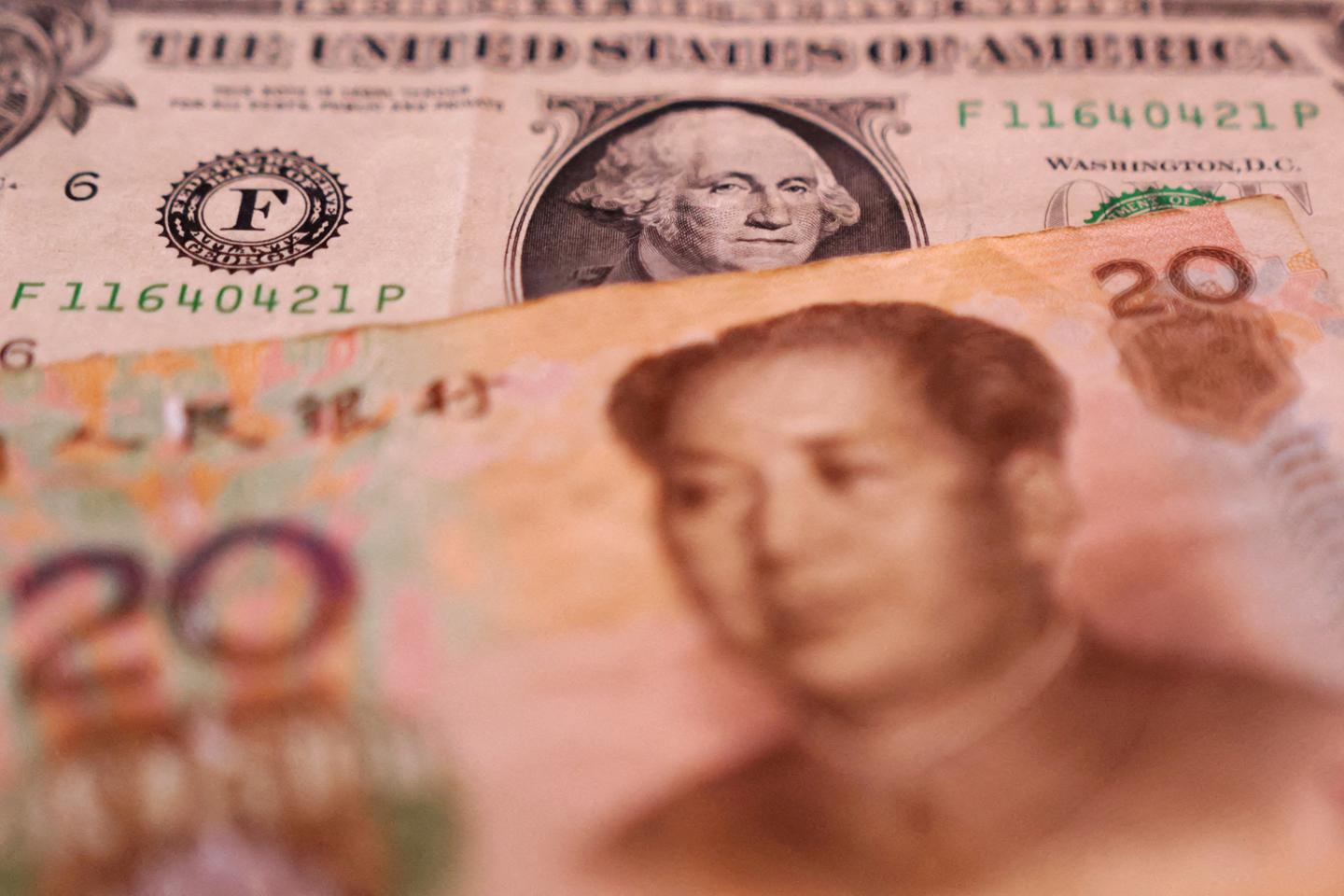


Donald Trump's first term in office got off to a chaotic start. The second is about to get off to a flying start. During the campaign, the Republican trumpeted what he was going to do, and repeated it after the election, at the same time as announcing a series of appointments consistent with the ambition of a transformative presidency. Neither China nor Europe will be able to argue that they were not warned.
On the macroeconomic front, the roadmap is clear: perpetuation of the tax cuts decided during the first term, mass deportation of undocumented immigrants and higher tariffs, at a punitive level (60%) on Chinese products and to the tune of 10% to 20% on imports from other countries. As shown by economist Olivier Blanchard, these three measures will combine to produce a major inflationary shock, forcing the Federal Reserve to raise interest rates. As a result, the expansionary effect of the tax cuts will be attenuated; the public accounts deficit, already higher than France's, will widen; and the dollar will appreciate.
The question is whether Trump will put pressure on the Fed to dissuade it from raising rates too sharply. If he does, the currency's credibility will suffer severely, both in the United States and beyond. In any case, one thing is clear: The proceeds of the tariffs will not be enough to cover the additional deficit created by the continuation of the tax cuts. The US public debt could become unsustainable, which would sooner or later call into question the dollar's pivotal role.
Privileges and duties
In the short term, the effects of this policy on Europe will be uncertain. Tariffs will penalize European exports, but the dollar's appreciation will have the opposite effect. Trump, however, is unlikely to confine himself to implementing a uniform increase in tariffs. He could differentiate them according to products, penalizing surplus countries like Germany, or even, in the transactional logic with which he is familiar, exchange lower tariffs for a commitment to buy American armaments or the maintenance of a security guarantee for European purchases of American gas. European unity will be severely tested.
In the longer term, there is little doubt about the harmful effects of a protectionist policy. A recent assessment by the French Center for Prospective Studies and International Information (CEPII) shows that, in a scenario combining the continuation of free trade between the US, Canada and Mexico, a 60-point increase in tariffs on imports from China and a 10-point increase for the rest of the world, the Chinese economy would suffer greatly from decoupling from the US, while the impact on Europe would remain limited. The ultimate winner would be Mexico.
You have 48.14% of this article left to read. The rest is for subscribers only.
